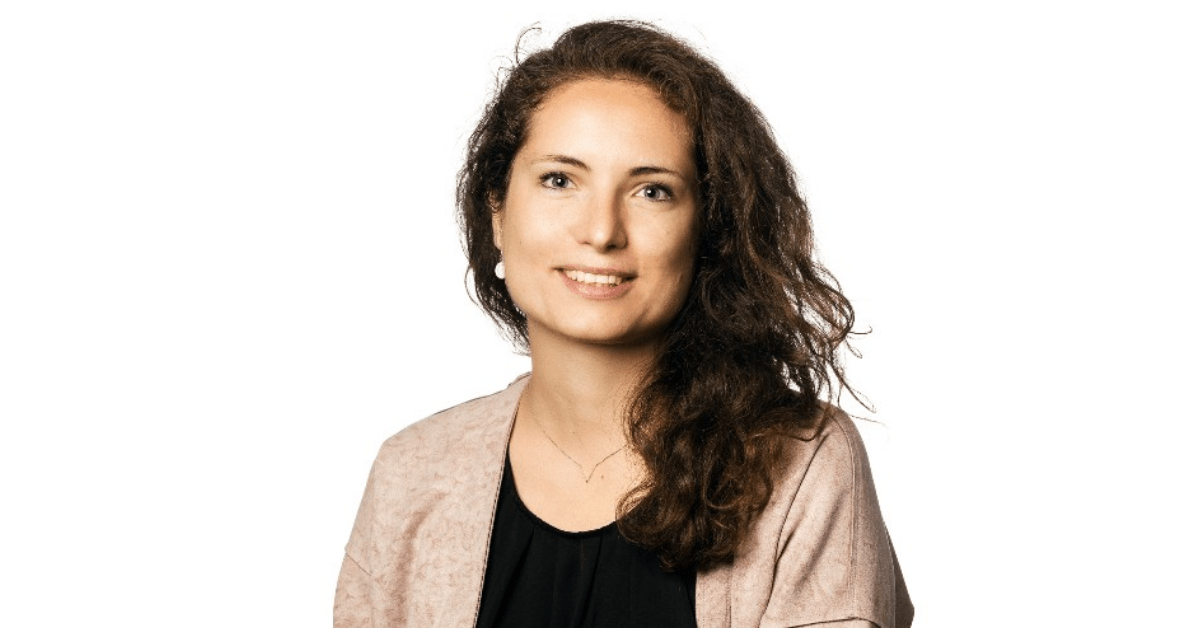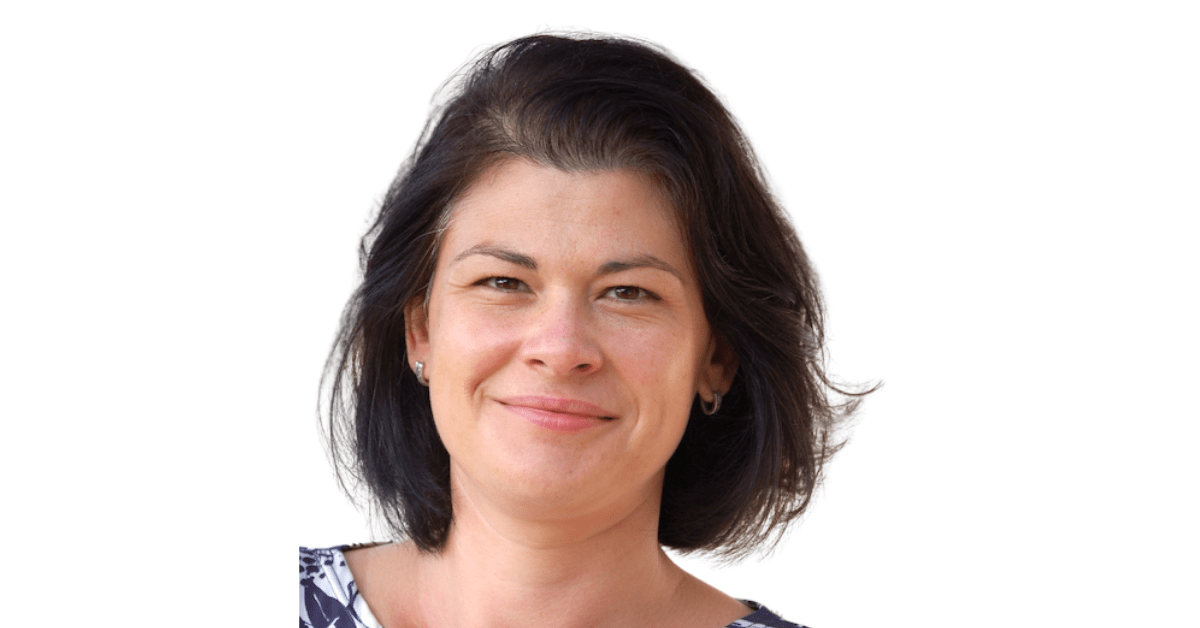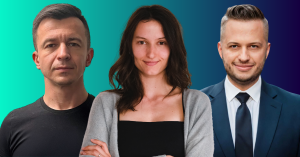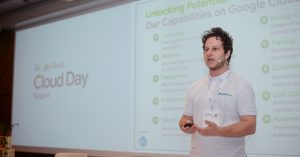In times when the daily social conversations are led by topics about war, pandemics, and humanitarian crises, it is normal to start searching for the utopian. On April 9th, TEDxAUBG, part of the global TED organization, is hosting its tenth annual conference under the slogan “Shaping Utopia” with the goal to physically gather 11 entrepreneurs, community leaders, and creative professionalists, and present their utopian visions.
For the progressive thinkers who believe in evolutionary ideas, the event will feature keynote speeches by presenters with extraordinary backgrounds, out-of-the-box visions, and inspiring personal stories. In the last ten years of organizing the TEDxAUBG conference, the team of university students has gathered a total of 90+ speakers from over 40 different countries.
This year the audience will get to hear the keynotes of both local visionaries such as Iva Gumnishka, Bulgarian social entrepreneur and founder of Humans in the Loop, and regional entrepreneurs such as Dalina Buzi who is one of the most innovative minds in Albanian media.
To ignite your curiosity, The Recursive met with two of the speakers – Mariya Lyubenova, an astronomer at the European Southern Observatory (ESO), and Gioia Arieti, a human-centered designer with the mission to create a calendar based on the human perception of time. Find out what unites and differentiates the visions and backgrounds of these two female leaders.
The female perspective: technology is purpose-driven
Having graduated with MSc in physics from Sofia University in Bulgaria and a Ph.D. in astronomy from the University of Munich, Lyubenova currently works at ESO, where she is head of media relations, a science advisor to the Department of Communication, and editor of ESO’s science & technology journal. Gioia Arieti, on the other hand, has lived in China for her studies. Seeing the world from an entirely new perspective, Gioia was fueled with the passion to create human-centered solutions.

“Every day when I’m working with technology or future-proofing the technology, I focus on understanding what are the tiny factors and elements that we haven’t realized or have taken for granted. From there on, it is much easier to future-proof this technology and make it more relevant and more impactful in the future,” Arieti explains when talking about her visions of the role of technology.
Both Mariya Lyubenova and Gioia Arieti seem to share the perception that technology needs to be developed with a purpose-driven approach. Despite having very different professional understanding and coming from different cultural backgrounds, they are united by the belief that future-proofing is the way to go when talking about innovation.
“When we build complex hardware and software for our observatory missions, we never do it just to have another big telescope. They are built because we want to answer certain questions. For example, one of the most advanced projects that is ongoing is the building of a telescope with a 39-meter diameter mirror in the Atacama Desert in Chile. Part of the mission of this telescope is to answer the question of whether we are alone in the universe by searching for biosignatures of life elsewhere. And this is all technology that is developed with an end-goal in mind,” Lyubenova explains.
Keep questioning everything to find the right answers

Driven by the same passion and curiosity, Arieti has questioned the social barriers of time and created a human-centered calendar that is based on the individual perception of time.
“I started off by noticing that celebrating New Year on December 31st was never really optimal to the way that I was seeing time because nothing changed between December and January. I always had this feeling that we were forced to celebrate on that date, so I decided to celebrate my New Year on the 1st of September. And since I started to question that, I wondered what else could be improved in the way that we are experiencing time. This led to more in depth research about human behavior, time, and eventually the creation of the human-centered calendar,” Arieti highlights.







